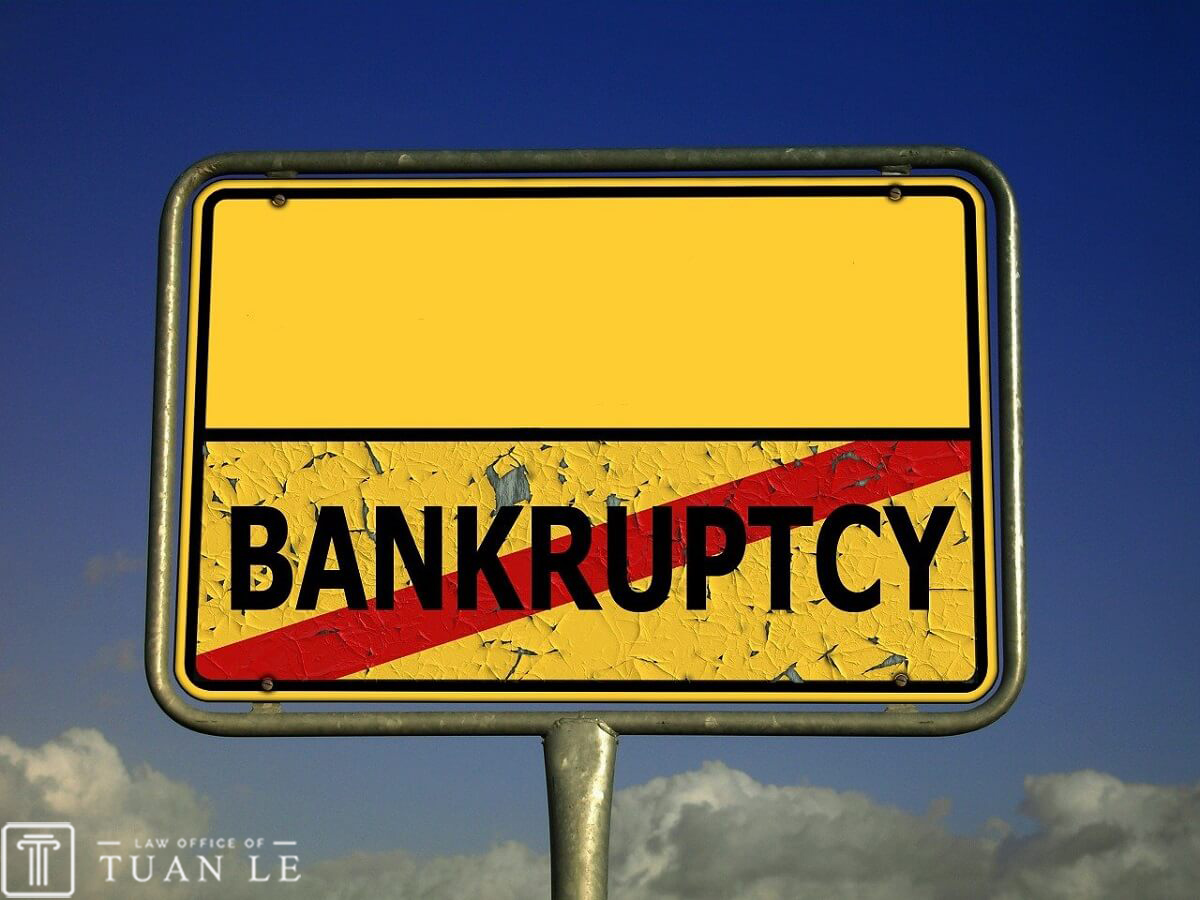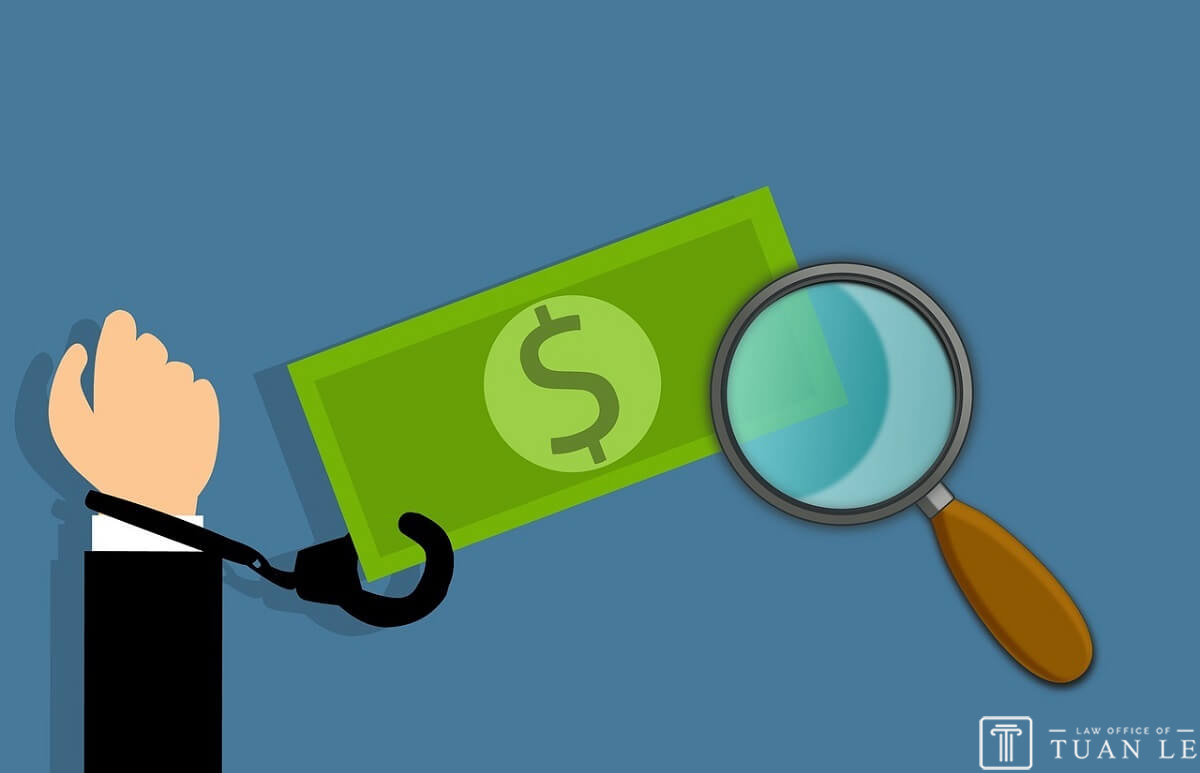Bankruptcy
Bankruptcy
Bankruptcy is a legal solution for individuals and businesses to deal with outstanding debt. While you have this relief tool available, you should first determine whether this tool can help you – depending on your unique financial situation. If you are looking for freedom from your debt, you should definitely find out more about various bankruptcy chapters and how to file them.
As soon as you have filed for any type of bankruptcy, you receive protection by way of the automatic stay. This means that the credits will stop contacting you for the repaying of your debt immediately. The rules and terms pertaining to bankruptcy are stated in the U.S. Bankruptcy Code. The process of bankruptcy starts with the filing of the petition which the debtor files in a federal court. The creditor can file the petition by himself or herself or on behalf of creditors. In the majority of cases, it is the debtor who files for bankruptcy. The other option is less common. Apart from several types of bankruptcy, there are many other things that you need to know about how bankruptcy filing actually works. If you are caught up in a debt problem, you should seek the expert help of an experienced bankruptcy lawyer.
A bankruptcy lawyer will help you determine the right kind of bankruptcy, which brings you the most benefits in your specific financial situation. The attorney will explain the nitty-gritty of the entire procedure.

Understanding Bankruptcy
After you have ascertained that filing for bankruptcy is the most ideal solution to your financial issue, you go ahead and file a petition. Following the petition filing, the courts will evaluate the value of all your properties and assets. Then, the measured asserts may be used to repay some part of the debt you owe to the creditor. For anyone, whether a person or a business entity, bankruptcy offers a whole new start. However, your credit report will carry the bankruptcy information for a number of years. Theoretically, the bankruptcy laws have been formulated to help both the debtor and the creditor, thus assisting the economy.
The federal courts are responsible to deal with all kinds of bankruptcy cases. Following the filing of the petition, the bankruptcy judge will hear the case and first decide whether the debtor is eligible to file for it in the first place. If the debtor is eligible, the judge’s case will then proceed and the judge, after hearing the matter, will decide whether the debt should be relieved.
You Can Schedule a Consultation with a Immigration Lawyer in Orange, CA
Types of Bankruptcy Filings
The U.S. Bankruptcy Code contains various chapters, each of which suits the specific needs of an individual or business. The charges for bankruptcy filing vary as per the type of bankruptcy and the uniqueness of cases. There are also some other factors on which the cost of filing may depend.
Chapter 7

Whether you are an individual or a business, you can avail yourself of this chapter to file for bankruptcy. If the petition is filed by an individual, it is referred to as a “consumer” Chapter 7. In the case of a business, this is known as a “business” Chapter 7. Further details of this chapter are as follows.
Property Liquidation: If you choose to file under this category of bankruptcy, some part of your assets may be sold to repay your outstanding debt. As per the rules of this chapter, the majority or all of your unsecured debts will be discharged. You don’t have to worry about the property which is classified as exempt according to the federal laws of your state. Examples of such assets include your vehicle, clothing, and household items and furnishings.
Secured Debt: This applies if you owe money on secured debt. For example, if you have borrowed a car loan for which the car itself is the guarantee of payment, you can avail yourself of three debt repayment options. First, you can let the creditor reacquire the property. Second, you can proceed with the payment on the property as per the terms stated in the contract. Or third, you can choose to make a specific amount of payment to the creditor. This payment amount should be equal to the replacement cost value of the property, at present.
In the case of secured debt, you won’t have the benefit of erasing the debt while filing under Chapter 7 Bankruptcy.
Who is Eligible for Chapter 7 Bankruptcy?
Not every individual or business will have the eligibility to file for bankruptcy under this specific chapter. To find out whether you qualify under the Chapter 7 Bankruptcy, you’ll need to clear the “means test.” If you are a high-income filer and you don’t clear this test, you should file for Chapter 13 Bankruptcy. This doesn’t mean that the Chapter 7 Bankruptcy isn’t available for filers with a decent income. You may still be eligible to file for Chapter 7 even with a significant income.
Chapter 13
This is also referred to as a wage earner’s plan. If your income is so high that you don’t qualify for Chapter 7, you may file for Chapter 13. Whether you are an individual or a business making a consistent amount of money, you can file for this chapter and work out a suitable debt repayment plan.
Repayment Plan: The period for the repayment of the debt varies from the next three to five years. You should come up with an installment plan and propose it to the creditor. The minimum amount that you choose to pay in an installment will depend on a number of key factors such as your income and the amount of debt among others. Your proposed plan should have detailed information.
Debt Limits: The federal government has outlined a specific debt limit. Your dent should remain within that set limit. At present, your debt may not exceed $1,149,525 in secured debt and $383,175 in unsecured debt.
Secured Debts: If you owe money on a secured debt, Chapter 13 allows you to account for the missed payments. This, in turn, prevents repossession or foreclosure. So, you can include the amount of the missed payments into your overall repayment plan and have it evened out over time.
Chapter 11

This type of bankruptcy allows struggling businesses to stay afloat and start making profits all over again. If your financial affairs are in tatters, you can make use of this chapter and work out a plan to reorganize your business. The proposed plan includes how you’ll make profits, cost-cutting measures, and new streams to boost revenue. In case you have preferred stockholders, they may still get paid. Common stockholders will not receive payment though.
Individuals may also find themselves eligible to file for Chapter 11 Bankruptcy. However, the cost of filing for individuals will be significantly high. Plus, the filing will consume a great deal of time.
Chapter 12
This type of bankruptcy is available to family farms and fisheries. Filing for Chapter 12 allows the debtor to continue in business while working out a feasible plan to repay their outstanding debt amount. Operating a farm may incur large amounts of debts and put the owners under a massive financial burden. That is why Chapter 12 helps family farms and fisheries to adjust big debts.
Contact a Bankruptcy Lawyer to File for Bankruptcy
Filing for bankruptcy offers a number of advantages. By declaring bankruptcy, you’ll no longer be under any kind of legal obligation for your debt repayment. Taking this crucial step can save your home or business. Most importantly, it will help you reorganize and rebuild your finances.
Before you start to file for the most ideal bankruptcy, you’ll need to do some preparation ahead of time. The very first thing is to gather all your financial documents so that you can get a clear picture of where you stand financially. Important financial documents you’ll be required to collect include your tax returns, recent bank account statements, retirement account statements, copies of vehicle registration, etc. You’ll also need to complete a short credit counseling course. The best advice is to seek the help of a highly competent bankruptcy attorney. The bankruptcy lawyer will explain everything in full detail. He will also help you complete all steps properly.
Are You Facing an Overwhelming Debt?
Working with a bankruptcy attorney will make the entire bankruptcy procedure easy and pain-free. Right from determining the right type of bankruptcy and getting all the crucial documents in order to complete the bankruptcy forms and filing them in the federal courts, the bankruptcy lawyer and his or her team will ensure each and every step is completed in a correct and professional manner.
At the Tuan Le Law Office in Orange, CA, we offer expert legal advice, guidance, and representation for bankruptcy. Mr. Le is an experienced attorney who has represented numerous clients in bankruptcy cases.
Give us a phone call to schedule your free consultation and find out how we can bring you the much-needed dent relief.
About the Author: Tuan Le
Are you dealing with an immigration issue or planning to file for bankruptcy? Mr. Tuan Le is an expert attorney who offers representation in all these areas.